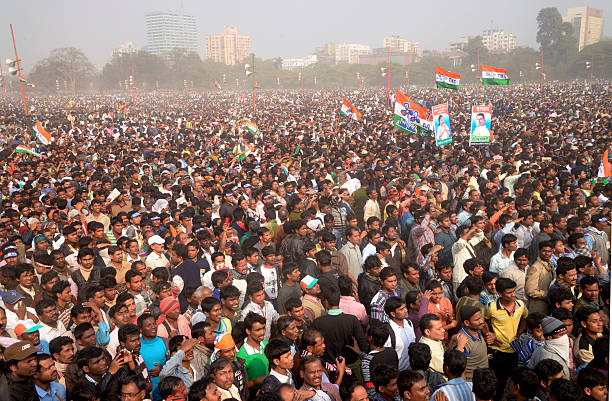POLITICS
Introduction
Politics permeates every aspect of our lives in today's hyperconnected world, from the leaders who represent us on the international scene to the policies that shape our societies. The proliferation of digital media and social media platforms has led to an increase in the reach and impact of political content. Nonetheless, negotiating the intricacies of political content in the digital era necessitates a sophisticated comprehension of its influence, propagation, and consequences for democracy.
Fundamentally, news articles, opinion pieces, social media posts, and political advertisements are all types of information that fall under the umbrella of political content. These kinds of content are essential for influencing public opinion, energizing voters, and ensuring that public servants are held responsible. But the spread of false information, echo chambers, and algorithmic bias has raised concerns about
The detrimental effects of algorithmic manipulation and fake news on the democratic process were brought to light during the 2016 U.S. presidential election. Social media platforms were used by Russian operatives to spread false information and create division among American voters, casting doubt on the veracity of online political discourse. Tech companies have responded by putting policies in place to fight false information, including algorithmic changes, content moderation, and fact-checking labelling. The uneven results of these initiatives, however, highlight the difficulties in controlling political content in the digital era.
The phenomena of echo chambers and filter bubbles is another important concern related to political content. Social media algorithms are made to give users' preferences and beliefs top priority when it comes to content, which results in echo chambers where people are exposed to similar ideas while being
Political content has the ability to empower marginalized communities and encourage civic engagement, despite these obstacles. Digital media has been used by social justice campaigns and grassroots movements to enlist supporters, spread awareness, and bring about constructive change. Social media sites like Instagram and Twitter have developed into effective instruments for elevating the voices of the marginalized and making establishments answerable for their deeds.
In conclusion, political content in the digital era has two potential effects on citizens: it can empower them or manipulate them. In political discourse, it is crucial to respect the values of accountability, transparency, and integrity as we negotiate this complicated terrain. Through advocating for media literacy, countering false information, and encouraging a diverse and inclusive discourse, we can effectively utilize digital media to fortify democracy and construct a more knowledgeable and just community


You must be logged in to post a comment.